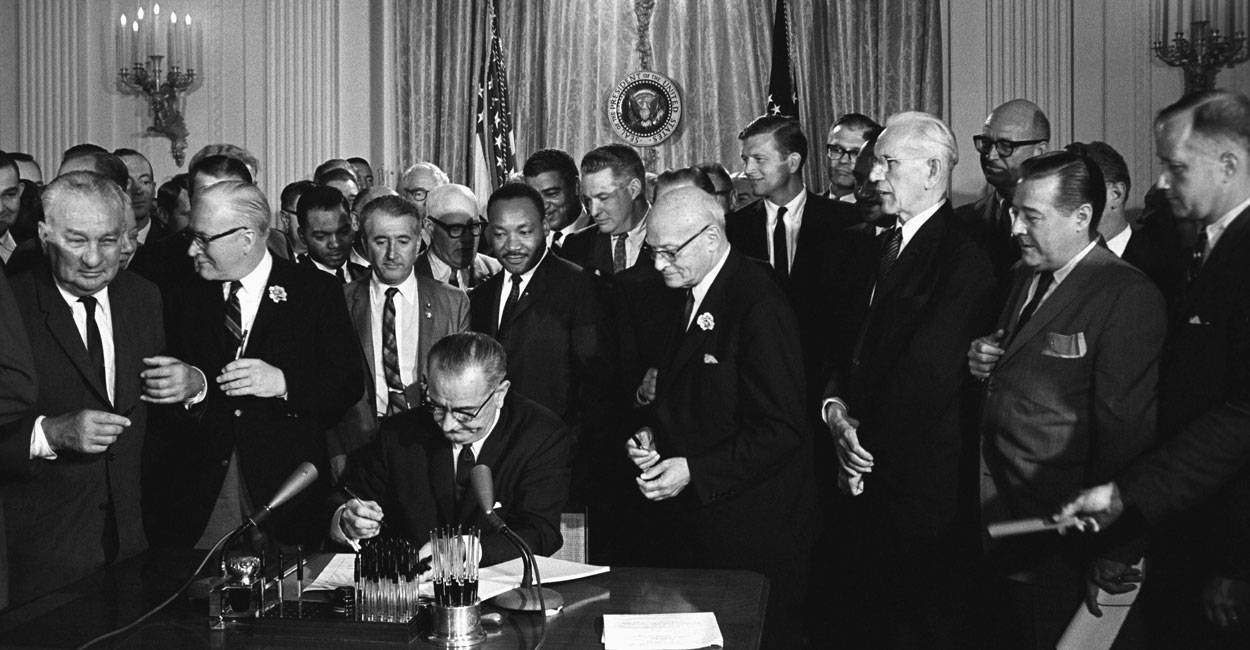Out of the 20+ Democrat senators who voted against the Civil rights act, only one switched to the Republican Party. The rest stayed Democrats.
Would that be Strom Thurmond of South Carolina?
HomeschoolDad:
Yet I vote the way I do, because as long as there’s a ghost of a chance that even some abortion “rights” could be overturned, I have to put the lives of the unborn above any other consideration.
It’s a well-meaning but failed strategy. We pro-lifers have been attempting this for a half century, for heaven’s sake. And how’s that working for us? Maybe it’s time for us to think outside of this box.
Supreme Court Justice John Roberts, who’s wife is/has been a member of Feminists for Life, just ruled with the majority that hospital admitting privileges for abortion clinic poses an “undue burden” for women seeking abortions. (Streeeeeeeeeeeeeeeeeeeeeeetch!) Whether he was being objectively Constitutional with
stare decisis or ruling politically will remain up for debate, (as it is with most controversial SC rulings). But the bottom line is that putting in the “right” justices is no guarantor of pro-life rulings.
Well, we got Scalia, and we have Thomas, Alito, Kavanaugh, and Gorsuch. Five pro-life Catholics, though Gorsuch is kind-of-Catholic-kind-of-not, raised Catholic, now professes Anglicanism. That’s not too shabby. Consider the alternative. I wouldn’t call that a “failed strategy” in the least.
Here’s the difference: a liberal Justice nominee is perfectly able to say they will safeguard abortion rights and uphold
Roe v Wade. A conservative Justice nominee has to dissemble, has to keep it vague, try their best before confirmation not to say anything about abortion they don’t absolutely have to. So their philosophy on this issue is harder to pin down with certainty. It’s a case of “give it all we’ve got, and hope for the best”.
Incidentally, this isn’t common knowledge, but
Mike Pence still identifies as Catholic, after a fashion. His situation sounds similar to those Protestants who were raised in one denomination, usually a “mainline” one, yet because of marriage or other reasons, attends another denomination. It is not at all unusual, for instance, for a Methodist to attend a Presbyterian church, or a Presbyterian to attend a Lutheran church (or vice versa in both instances).
(The
NCReporter as a news source, fine, as a guide to the spiritual life, not so much.)



